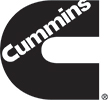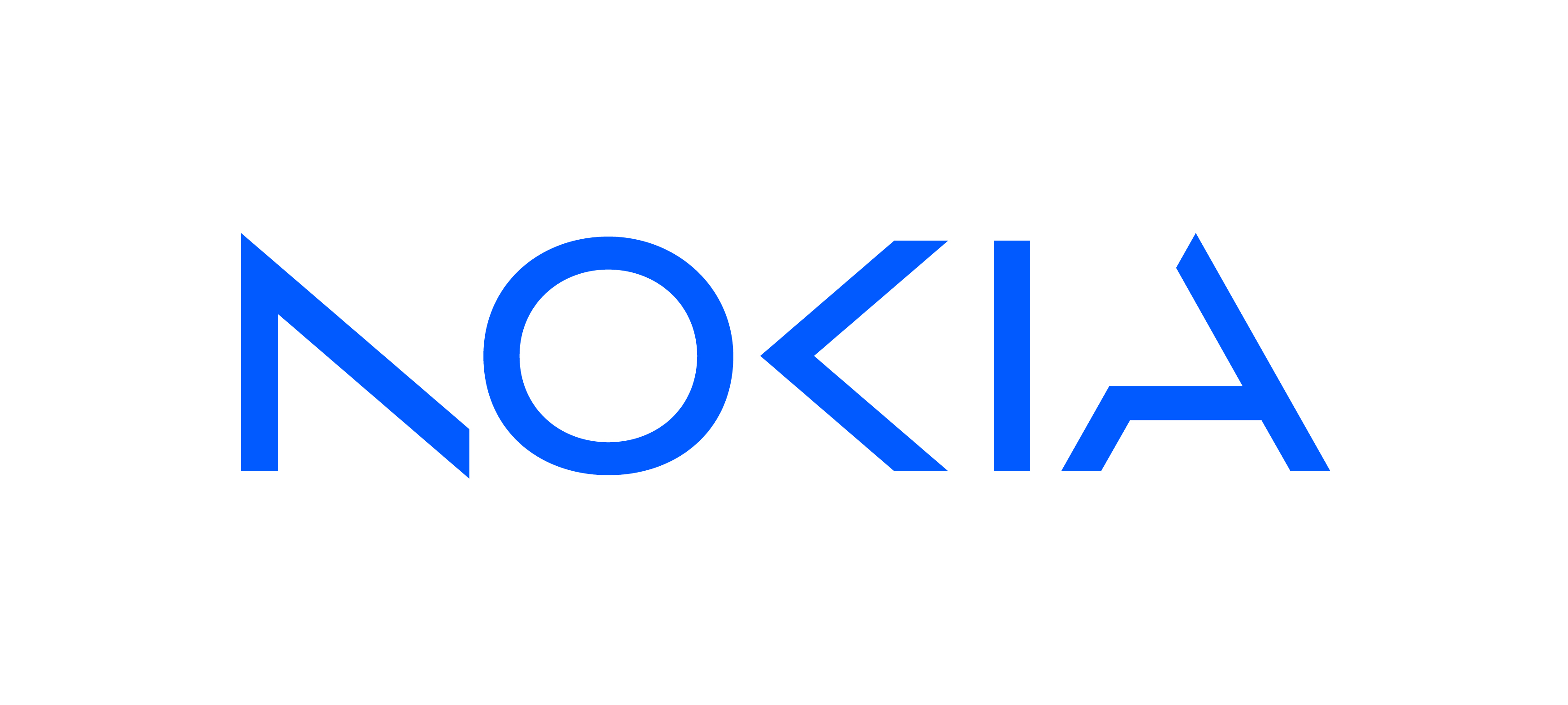Publications

Articles and monographs : 185 Documents
 Commission Consultation on the Enforcement Directive
Commission Consultation on the Enforcement Directive
 Unintentional Infringement of UK and Community Rights
Unintentional Infringement of UK and Community Rights
 Hargreaves Review – Call for Evidence in the Designs Sector
Hargreaves Review – Call for Evidence in the Designs Sector
 Trade marks
Trade marks
 Copyright Levies
Copyright Levies
 Draft European Commission Block Exemption Regulation on R&D Agreements
Draft European Commission Block Exemption Regulation on R&D Agreements
 The Federation's achievements
The Federation's achievements
 IP Federation biographies
IP Federation biographies
 Strategic Advisory Board for Intellectual Property Policy (SABIP)
Strategic Advisory Board for Intellectual Property Policy (SABIP)
The Strategic Advisory Board for Intellectual Property Policy (SABIP) was established in June 2008 and was dissolved two years later in July 2010. In its two years SABIP sponsored a number of research projects, focussing to a major extent on the copyright field.


































